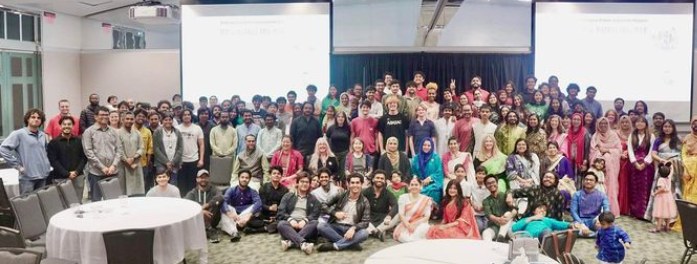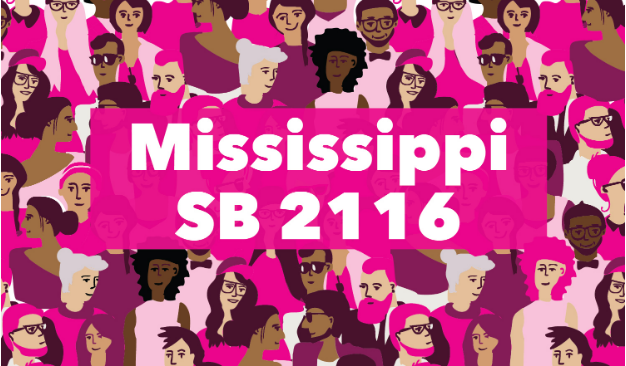On Wednesday, Feb. 13, the Mississippi House and Senate passed Senate Bill 2116, which will prohibit abortions of fetuses with a detectable heartbeat. Fetal heartbeats can be detected in as little as six weeks of gestation, making the “heartbeat bill” the strictest in the country.
Although the bill allows exceptions for medical emergencies, it does not mention exceptions for pregnancies as a result of rape or incest. The bill comes less than one year after the previously passed bill that allowed abortions to be performed up to 15 weeks after conception. That bill was rejected in the Supreme Court for being unconstitutional.
The first section of the bill describes statistics from contemporary medical research, including the statistic that less than five percent of natural pregnancies end in spontaneous miscarriage after detection of fetal cardiac activity.
“Fetal heartbeat, therefore, has become a key medical predictor that an unborn human individual will reach viability and live birth,” the bill states in Section 1E.
Despite drawing support from the state government, the bill has also received its share of criticism, especially from organizations such as Planned Parenthood.
Mississippi state director of Planned Parenthood Felicia Brown-Williams criticized the bill for its strict window of time, arguing most women are not aware of their pregnancy within six weeks of conception.
“Individual rights and freedoms go to the heart of who we are as a country, including the right to access safe and legal abortion,” Brown said. “Mississippians should be able to make their own most personal health care decisions without politicians controlling when, how or why.”
Kathanne Greene, associate professor of political science for Southern Miss, said the law is purely political and intended to distract the state from focusing on more important issues such as jobs and education.
“The legislation is going to result in litigation, which is going to cost the taxpayers of Mississippi over a million dollars. They already wasted that amount trying to defend its previous 15-week ban,” Greene argued.
Not every member of the House and Senate supported the bill. Representative Missy McGee from Hattiesburg voted against the bill, arguing the law is too restrictive and limits the options available to women in Mississippi.
“I cannot support legislation that makes such hard-line, final decisions for other women,” McGee said. “There are painful and heart-wrenching circumstances that do arise and should allow a woman to confer with her faith, her doctor and her family to make what will surely be one, if not the most difficult decision of her life.”
Due to the conservative-leaning Supreme Court, many Americans have voiced their fear that the 1973 Roe v. Wade decision, which legalized abortion in the United States, may be overturned.
“The movement for legal abortion in the 1960s and 1970s was led by doctors who were tired of cleaning up the messes of botched illegal abortions, as well as by many family members who had lost loved ones to illegal abortion,” Greene said. “Politicians may claim to be saving the lives of fetuses, but they are risking the lives of women, many of whom already have children.”
The bill is set to become effective on July 1. According to the Washington Post, efforts to pass similar bills are underway in Florida, Kentucky, Ohio, South Carolina and Tennessee.
photo courtesy Planned Parenthood Action Fund
Student Printz reporter Karigan Teer also contributed to this story.






























